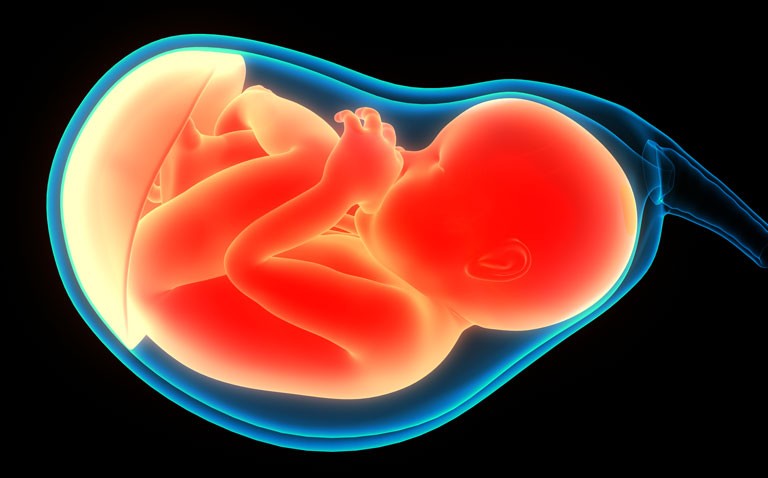Pregnant women were excluded from the trials of COVID-19 vaccines, hence it was uncertain whether vaccination was safe or effective and if maternal antibodies would be transferred to the foetus.
Although pregnant women were not included in the efficacy trials for COVID-19 vaccines, a US analysis of approximately 400,000 women with COVID-19 found that admission to intensive care and the use of either mechanical ventilation or extracorporeal membrane oxygenation and even death, were more likely among pregnant women. Furthermore, other data have revealed how among 3912 infants born to mothers who were infected with COVID-19, 12.9% were preterm, and of 610 infants tested, 2.6% had positive COVID-19 test results. Given the potential for increased disease severity, the possibility of a higher level of preterm births and despite a lack of evidence, it has been advocated the pregnant women are still offered the vaccine.
Given the uncertainty over vaccinating pregnant women, a team from the Department of Obstetrics and Gynaecology, Hadassah-Hebrew University, Jerusalem, Israel, have provided some real-world evidence on the outcomes for a small number of birthing mothers who had previously been vaccinated against COVID-19. This was a prospective study following women admitted for delivery in February 2021 and who had received both doses of the BNT162b2 vaccine during their pregnancy. After delivery of the infants, maternal and cord blood sera were collected and tested for anti S and anti-RBD specific antibodies.
Findings
For the study, 20 women with a mean age of 32 years and with a median gestational term of 39 weeks agreed to participation in the study. The median time lapse between the first and second vaccination doses until delivery was 33 and 11 days, respectively. All of the mothers and infants were positive for both anti S and anti-RBD antibodies. The median level of anti S antibodies in maternal sera was 319 AU/ml vs 193 in the newborns and 11,150 vs 3494 (maternal vs newborn) for the anti-RBD antibodies. The authors calculated the median placental transfer ratios as 0.44 (anti S) and 0.34 (anti RBD). In addition, there was a statistically significant and positive correlation between the anti S and anti-RBD antibody levels detected in the mothers and infants. While these results are promising and although based on a small number of women, the data suggest an effective maternal to foetal transfer of antibodies. Nevertheless, the authors also note that the timing of vaccination for optimal antibody transfer remains to be determined.
Citation
Rottenstreich A et al. Efficient maternofetal transplacental transfer of anti- SARS-CoV-2 spike antibodies after antenatal SARS-CoV-2 BNT162b2 mRNA vaccination. MedRxiv 2020 doi: https://doi.org/10.1101/2021.03.11.21253352










